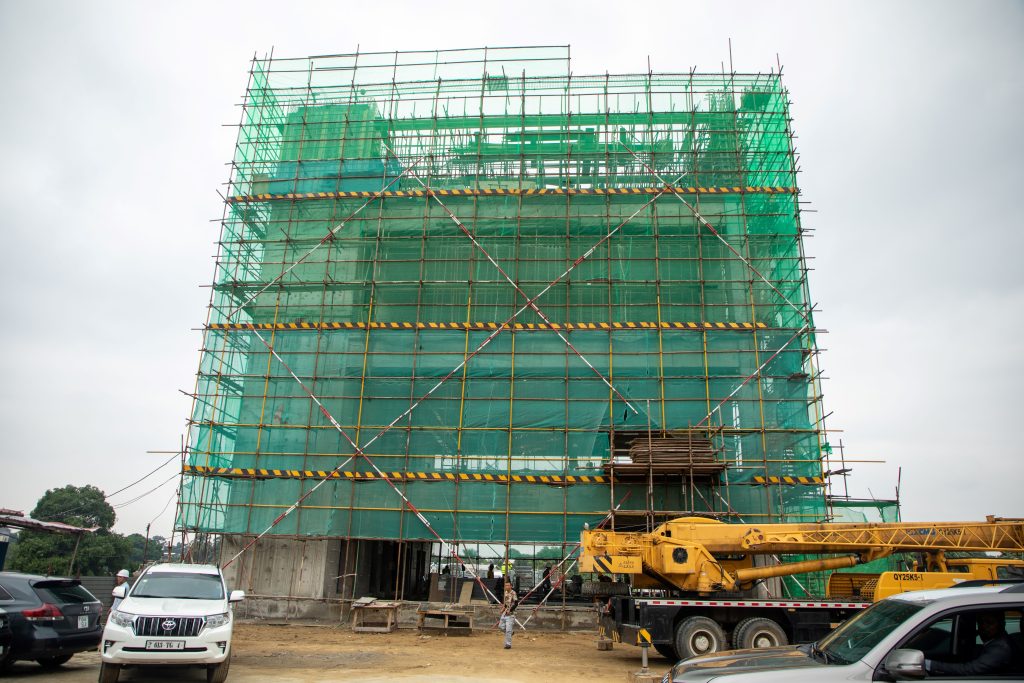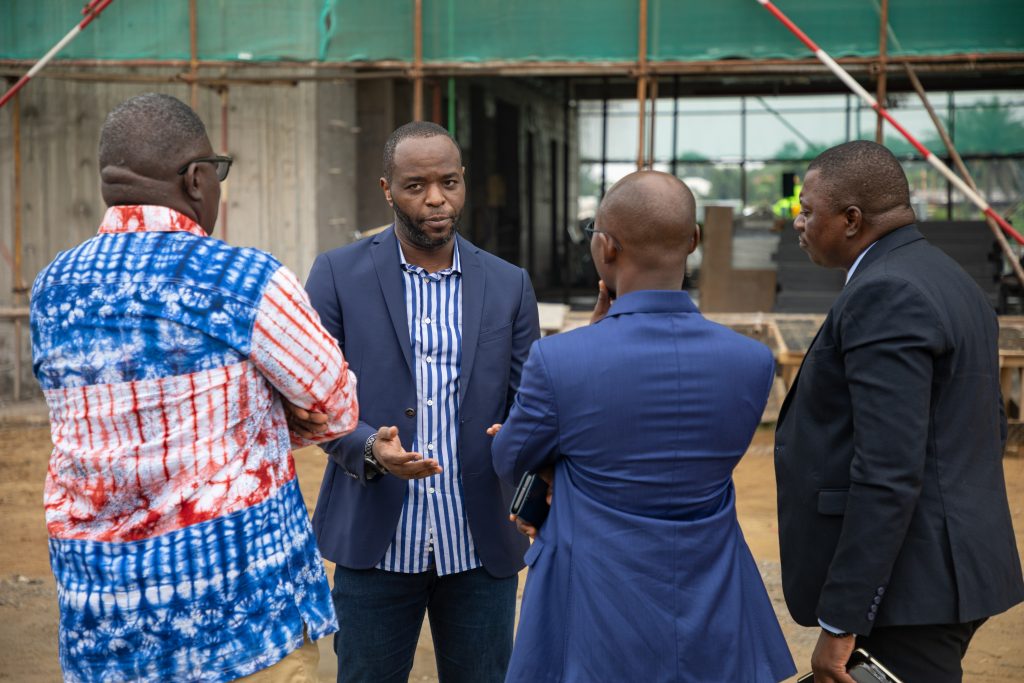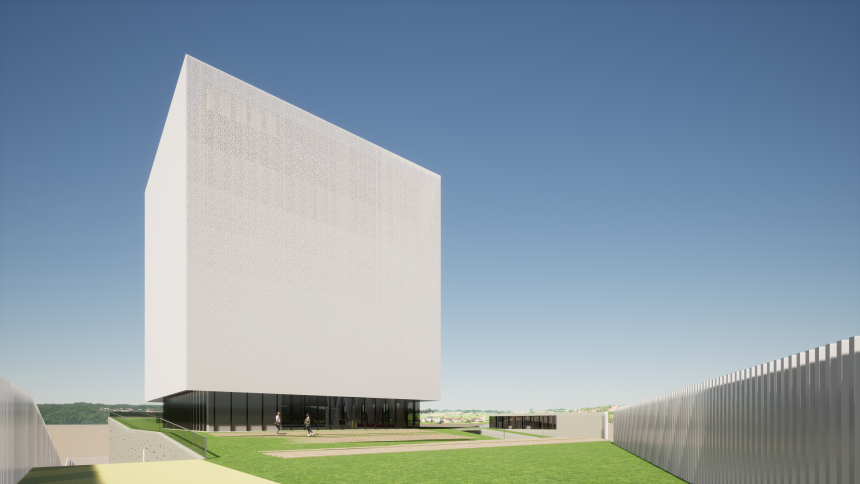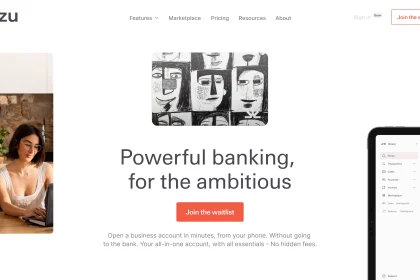Congo has begun construction of a new data centre in partnership with the African Development Bank.
Financed by the African Development Bank, the futurist building will soon be the nerve centre for storing and processing the digital data of the Republic of Congo.
Details
With the project’s funding of €66.55 million (€52.47 million from the African Development Bank and €14.50 million from the government of Congo) 600 kilometres of fibre optic cable on the major interconnecting routes with Cameroon (341 km) and the Central African Republic (281 km) via the Congo River will be laid and the data centre built.

The three levels will have server rooms, monitoring and supervision rooms, and meeting and conference rooms, as well as locations for the energy and air-conditioning equipment the centre needs to function correctly, which should be delivered by December 2024, according to Michael Ngakala, coordinator of the project.
About €13.8 million of the total has been allocated to build and run the data centre.
What They’re Saying
“As part of the Congo component of the Central Africa Fibre-Optic Backbone Project, we received funding from the African Development Bank to build a data centre, and now we’re constructing a three-storey building that can be extended to include a basement,” explained the coordinator, providing a tour of the various areas of Congo’s future data centre.
“All the data produced in Congo has to be stored somewhere,” he continued. “At the moment, this data is stored abroad, so we have Congolese domain names that often end in “.fr” or “.com”, whereas Congo’s domain name is “.cg”.

From now on, we’ll be able to host all public data in the data centre, as well as that of telecoms operators, banks, insurance companies and other private firms that want to have it hosted here, including back-ups of any primary storage sites they use.
“This project will cement the country’s digital sovereignty, because we cannot claim to be sovereign when our data, even the most sensitive data, is stored outside our territory, in foreign countries, with real risks of misuse, violation or massive leaks.”
Samatar Omar Elmi, Chief ICT Specialist at the African Development Bank and project manager for the Bank, shared his thoughts: “The issue of data location has been gaining momentum across Africa in recent years, especially where sensitive data is concerned. The availability of locally produced data will pave the way for a virtuous circle of local value creation that will benefit the entire digital ecosystem (public, private, etc.) in our countries. These are the initial stages of a digital circular economy that will contribute to the low-carbon development of our continent.”
In addition to boosting digital sovereignty, this project will “help improve the competitiveness of Congo’s economy in terms of factor costs, because communication is a major factor in economic development,” points out Sié Antoine-Marie Tioyé, the Bank’s country economist in Congo.
Why This Matters
This is a major contribution to the development of Congo’s digital economy and Ngakala sees the initiative as a way for his country to strengthen its digital security by taking control of its data. “It’s easy to hack into data when it’s outside your territory – with this data centre, it will be easier to control data processing and access within our country,” he vows.
Zoom Out
Ngakala offers the example of the Postal and Telecommunications Ministry, which is in the process of implementing a digital identification project for the entire Congolese population. It will generate an astronomical amount of data that will be stored nationally rather than abroad.
Other Congolese partners in other segments are positioning themselves in complementary ways to amplify the impact of this project.
Catch up on news and other tidbits on our WhatsApp Community Page, Twitter/X, and subscribe to our weekly newsletter to ensure you don’t miss out on any news.










